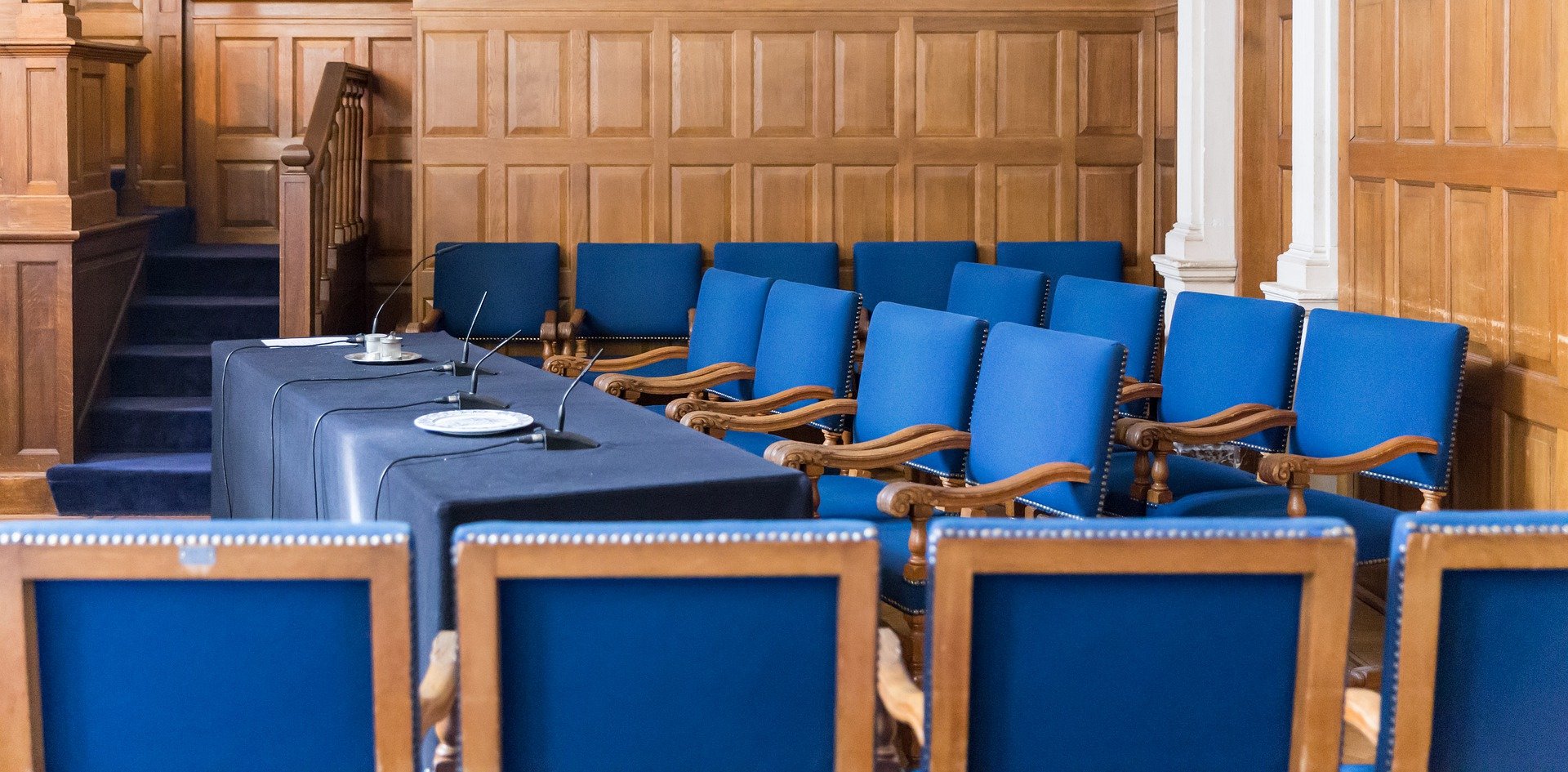
This one seems wrong to me.
This is a published case in Conservatorship of Joanne R. (D2d7 Dec. 17, 2021 no. B310906) 72 Cal.App.5th 1009. The appellant was put under a year-long conservatorship. Under the Lanterman-Petris-Short Act governing conservatorships, the appellant was entitled to a jury trial, to commence within 10 days of demand, challenging the establishment or extension of the conservatorship. (Welf. & Inst. Code, § 5350.) So she invoked that right.
But here is what the trial judge says about the appellant’s right to commence a jury trial in 10 days: “if you would like to have a court trial with the judge making the decision we can do that today. If you would like to have a jury trial then we can do that as well, but we won't be able to do it today. We can reschedule and do that in November.”
This is in early February. That’s nine months into a 12-month conservatorship.
The appellant responds “I would prefer a jury trial, but I don’t want to wait until November.” Then after a short colloquy, says, “I think I want to go ahead today and do it.”
Is that a voluntary waiver of the appellant’s right to a jury trial? The Second District Court of Appeal says yes. But the court has grave reservations:
“However, we caution the superior court that a nine-month delay for a conservatee to have a jury trial where the conservatorship would otherwise end in a year, absent a health emergency, raises serious constitutional concerns in light of the significant liberty interests at stake. A conservatee's right to a jury trial has little meaning if the conservatee can only exercise that right after spending nine months of a one-year term in a custodial setting. Indeed, in this case, because the pretrial hearing was delayed due to the pandemic, the jury trial would have taken place just one month before the conservatorship was scheduled to expire. This delay strays far from the statutory requirement in section 5350, subdivision (d)(2), that a “[c]ourt or jury trial shall commence within 10 days of the date of the demand,” unless the attorney for the proposed conservatee requests up to a 15-day continuance.... We urge the superior court to dedicate the necessary additional resources to LPS jury trials so that conservatees may exercise their right to a jury trial in a timely manner. Failure to do so likely violates a conservatee's constitutional right to due process.”
The court distinguished People v. Collins (2001) 26 Cal.4th 297, 312, 109 Cal.Rptr.2d 836, 27 P.3d 726 (Collins), where the court found an inducement when the judge said that, by waiving jury, “that has some effect on the court ... by not taking up two weeks’ time.... you are getting some benefit, but I can’t tell you what that is because I don’t know yet.” The Joanne R. court distinguished Collins because here, the trial court did not offer to “reward” the appellant for waiving jury. Instead, the judge was “ simply advising her of the reality” of jury-trial delays.
In support of this distinction between offering a “reward” versus stating “reality,” the court pointed to the fact that the Covid-19 pandemic has delayed trials considerably. And even pre-pandemic, the court noted that jury trials consistently were delayed beyond four months. So the judge reasoned that the judge did not induce a waiver merely by pointing to this reality.
Comment: But, Your Honor — and forgive me for being glib — that is a you problem. The institutional you, I mean. The statute guarantees a right to a jury trial in 10 days. The Legislature has not abrogated that despite having two years’ of pandemic to think it over. (And it appears the Legislature has moved on to a full slate of other non-Covid matters.) The governor has continuously asserted “emergency” authority for nearly two years. The Judicial Council has exercised emergency authority to extend many deadlines. Yet neither has abrogated a conservatee’s right to a jury trial to commence in 10 days.
The difference between a “reward” and the “reality” here is too slippery, in my view. That is particularly so when the “reality” is squarely within the state’s control: the state is free to abrogate the statutory right to a jury trial commencing in 10-days; it is free to allocate sufficient resources to honor the statutory guarantee. But what the state is not free to do is create statutory guarantees for litigants, fail to perform them, and then conclude that the litigant “waived” that guarantee by accepting the only alternative the state would make available.
The Upshot: The appellant here needed to have filed a writ petition as soon as the trial judge indicated her right to a jury trial to commence in 10 days would not be honored.